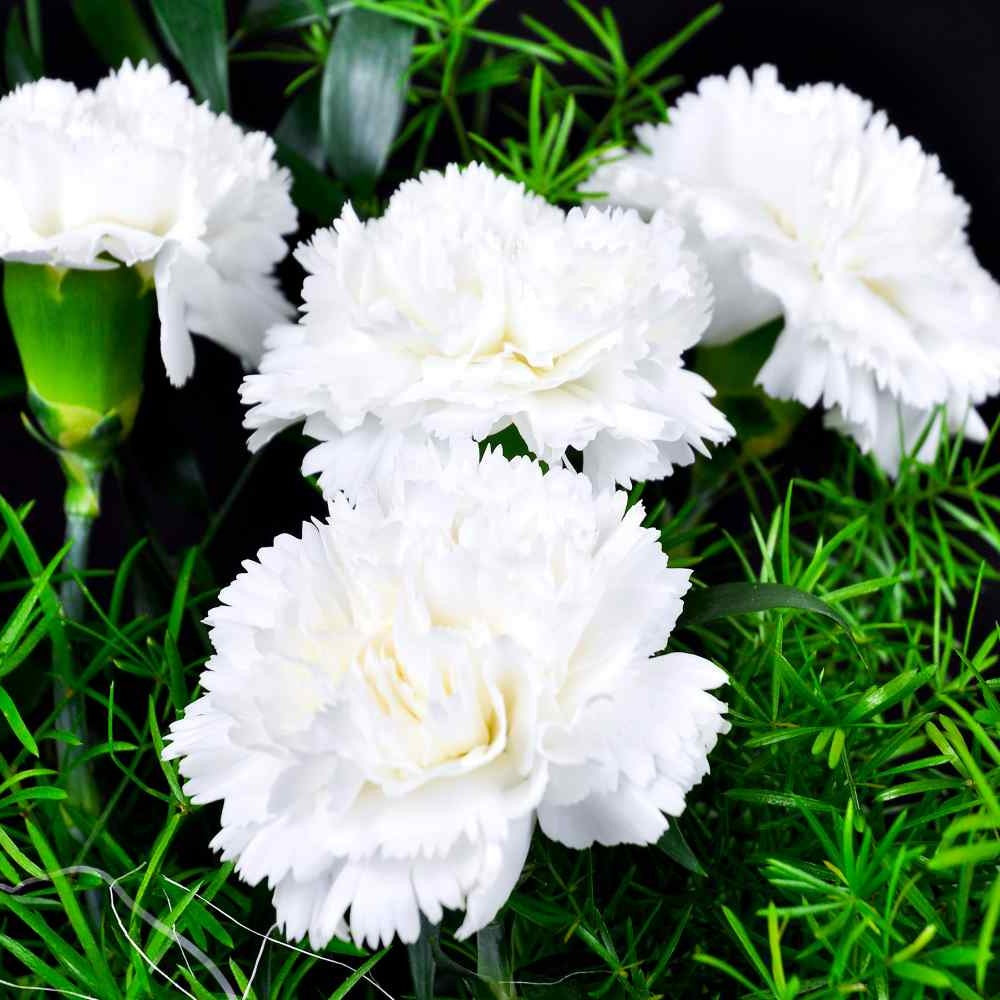The Bamboo Seed
Carnation Seeds - Dianthus Caryophyllus 'Grenadin White'
Carnation Seeds - Dianthus Caryophyllus 'Grenadin White'
Couldn't load pickup availability
White Carnation Seeds for Sale
- Quantity 100 Dianthus caryophyllus seeds
- USDA Zone 5-10
- Biennial flower seeds
- White Carnation seeds
- Cold hardy plants
Grow White Carnations from Seed
Growing carnations from seeds can be a rewarding but somewhat challenging process. While growing carnations from seeds is immensely popular among gardeners, it requires some patience, proper care, and attention to detail. Here are some key points to consider:
Seed Selection: Choose high-quality carnation seeds from a reliable source. Ensure that the seeds are fresh and viable for better germination rates.
Germination: Carnation seeds can be slow to germinate, taking anywhere from 1 to 3 weeks or longer. Start the germination process indoors in a controlled environment, such as a seed tray or small pots.
Soil Preparation: Use a well-draining, light, and fertile soil mix. Carnations prefer slightly alkaline soil with a pH between 6.5 and 7.5.
Sowing Seeds: Sow the seeds on the soil surface, gently pressing them down. Do not bury them too deep, as they require light for germination.
Temperature and Moisture: Maintain a consistent temperature of around 70°F (21°C) during the germination period. Keep the soil slightly moist but not overly saturated. Using a misting spray can help maintain the right moisture level.
Light and Sunlight: Carnations need ample sunlight to grow well. Once the seedlings emerge, provide them with 4 to 6 hours of direct sunlight or bright artificial light daily.
Transplanting: When the seedlings have grown a few sets of true leaves, usually after 6 to 8 weeks, they can be transplanted into individual pots or the garden. Space them around 12 inches (30 cm) apart.
Hardening Off: Before transplanting the seedlings outdoors, gradually expose them to outdoor conditions over a period of a week. This process, known as hardening off, helps them acclimate to the changes in temperature and sunlight.
Care and Maintenance: Water the plants regularly, keeping the soil evenly moist. Avoid overwatering, as it can cause root rot. Provide support, such as stakes or cages, to keep the tall stems upright. Deadhead spent flowers to encourage more blooming.
Disease and Pest Control: Monitor your plants for common pests like aphids, spider mites, and thrips. Use organic pest control methods or appropriate insecticides if necessary. Additionally, keep an eye out for diseases such as powdery mildew, rust, and crown rot, and take appropriate measures to prevent and treat them.
More About Dianthus caryophyllus Seeds
Dianthus caryophyllus, commonly known as the carnation, is an herbaceous perennial that is highly valued for its attractive and fragrant flowers. The flowers typically have five petals and a fringed or serrated appearance, which gives them a distinctive and elegant look. Carnation flowers come in a wide range of colors, including white, pink, red, yellow, and purple, and they can be single or double-flowered. The flowers are often used in floral arrangements and bouquets due to their long-lasting blooms and lovely fragrance, making them a popular choice for weddings, special occasions, and everyday enjoyment. The foliage of carnations is typically blue-green in color and forms a dense clump of slender, lance-shaped leaves. Overall, the appearance of Dianthus caryophyllus is both charming and versatile, making it a beloved addition to gardens and floral arrangements alike.
Growing Plants from Carnation Seeds
Remember, growing plants from seeds requires time and dedication. With proper care, you can enjoy the beautiful blooms of carnations grown from seeds.
Growing carnation plants from seed is a rewarding and straightforward process that allows gardeners to enjoy the beauty and fragrance of these lovely flowers. Start by selecting a sunny location with well-draining soil and sow the seeds directly into the garden bed or start them indoors in seed trays. Carnation seeds are small and should be sown on the surface of the soil and lightly covered with a thin layer of soil. Keep the soil consistently moist but not waterlogged, and the seeds will germinate in about one to two weeks. Once the seedlings have developed a few sets of true leaves, they can be thinned to allow for proper spacing. Carnations typically bloom in their second year from seed, so patience is required, but the beautiful and fragrant flowers are well worth the wait.
Germinating Dianthus Seeds Indoors
Germinating Carnation (Dianthus caryophyllus) seeds can be done in a few easy steps:
Select a Container: Choose a container with good drainage. Seed starting trays or small pots work well for this purpose. Ensure the container is clean and sterilized to prevent disease.
Prepare the Soil: Use a well-draining seed-starting mix or a combination of peat moss and perlite. Fill the container to within about 1/2 inch of the top.
Moisten the Soil: Water the soil until it's evenly moist but not waterlogged. Allow excess water to drain out.
Sow the Seeds: Place the Carnation seeds on top of the soil, spacing them about 1 inch apart. Lightly press the seeds into the soil, but do not cover them with additional soil as Carnation seeds need light to germinate.
Cover the Container: Cover the container with a clear plastic dome or plastic wrap to create a mini greenhouse effect. This helps to retain moisture and warmth, which aids germination.
Provide Adequate Light and Temperature: Place the container in a warm, brightly lit area. Ideal temperatures for germinating Carnation seeds are between 60-70°F (15-21°C). A sunny windowsill or under grow lights works well.
Keep the Soil Moist: Check the soil moisture regularly and water when the top of the soil feels dry. Avoid overwatering, as this can lead to fungal issues.
Remove the Cover: Once the seeds have germinated and small seedlings have emerged (usually within 14-21 days), remove the plastic cover to prevent excessive humidity and encourage air circulation.
Transplant the Seedlings: When the seedlings have developed a couple of true leaves and are about 2-3 inches tall, they can be transplanted into larger containers or directly into the garden, spacing them according to the variety's recommendations.
Provide Adequate Care: Continue to water the seedlings regularly, ensuring that the soil remains evenly moist. Carnations prefer full sun and well-drained soil. Fertilize with a balanced fertilizer every 4-6 weeks.
With proper care and attention, your Carnation seeds should germinate and grow into healthy plants that will reward you with beautiful blooms.
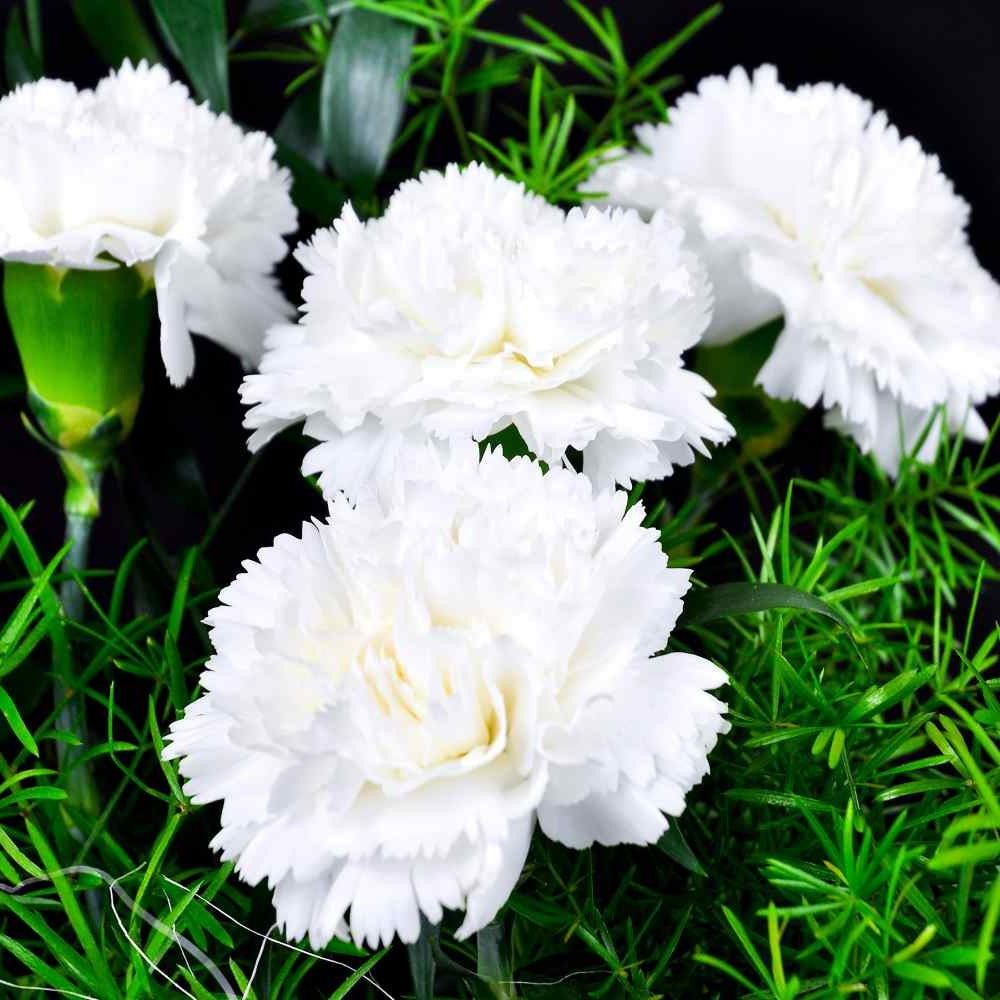
Collections
-

All Bamboo Seeds for Sale
Welcome to our catalog of bamboo plant seeds for sale including clumping...
-
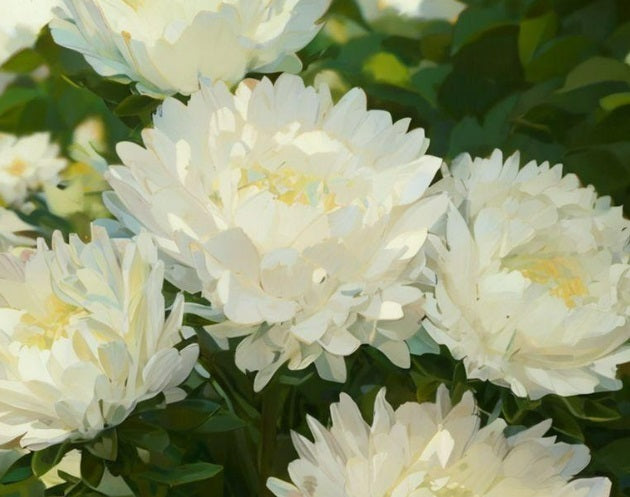
All Flower Seeds
All of our 2025 flower seeds are sold out. Please check back...
-
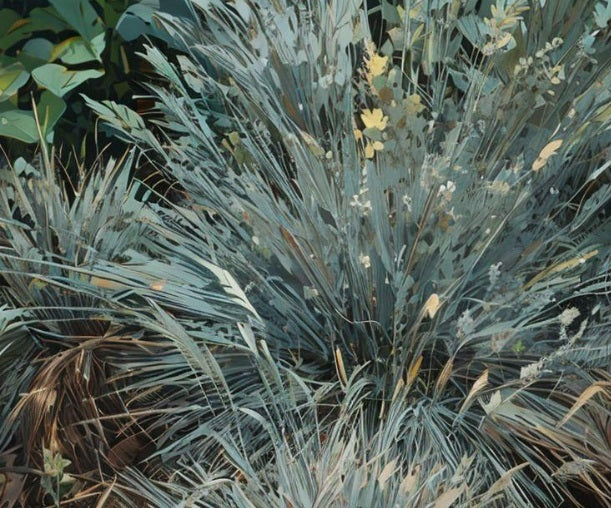
All Ornamental Grass Seeds
Grass has finally come into its own as a garden landscape centerpiece....
-
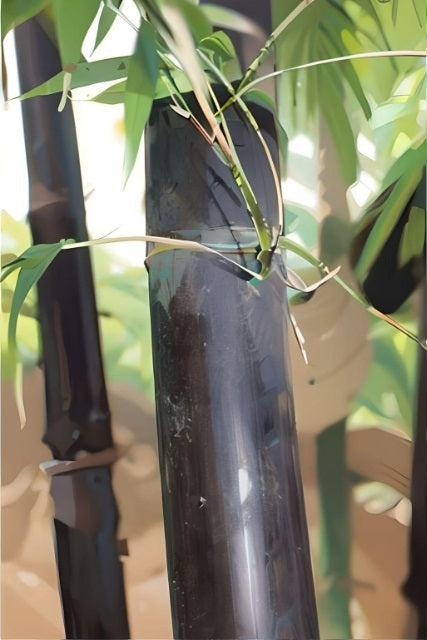
Black Bamboo Seeds
Consider Black Bamboo seeds for eye-catching bamboo varieties with lustrous black, dark...
-
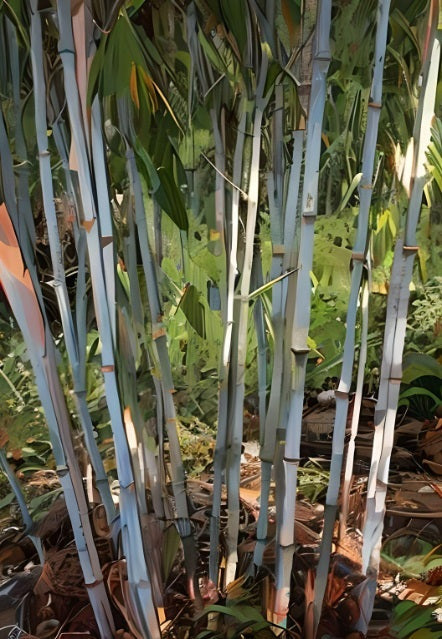
Clumping Bamboo Seeds
Clumping bamboo species grow in dense clumps or clusters that are naturally...
-
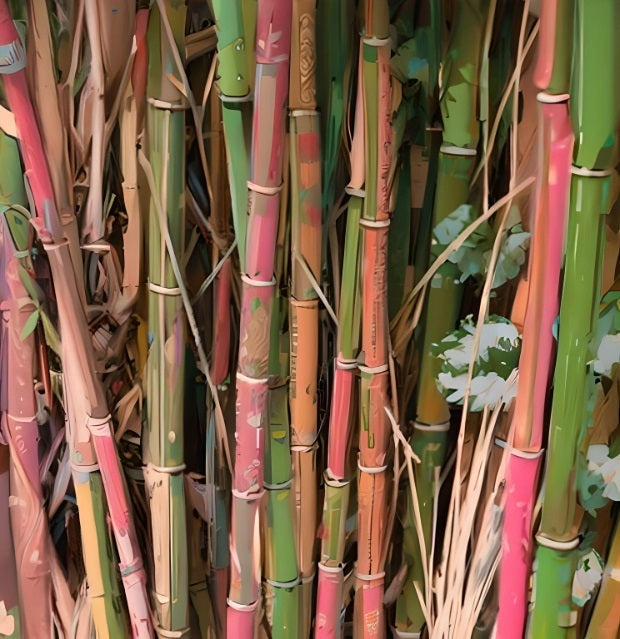
Cold Hardy Bamboo Seeds
A selection of cold resistant bamboo seeds for hardy bamboo able to...
-
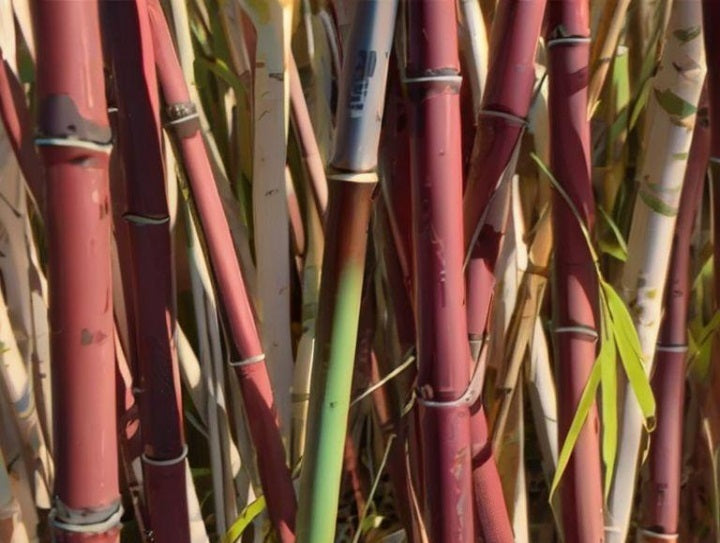
Fargesia Bamboo Seeds - Clumping and Cold Hardy
Buy bamboo seeds for beautiful cold hardy and clumping Fargesia bamboo. Our...
-
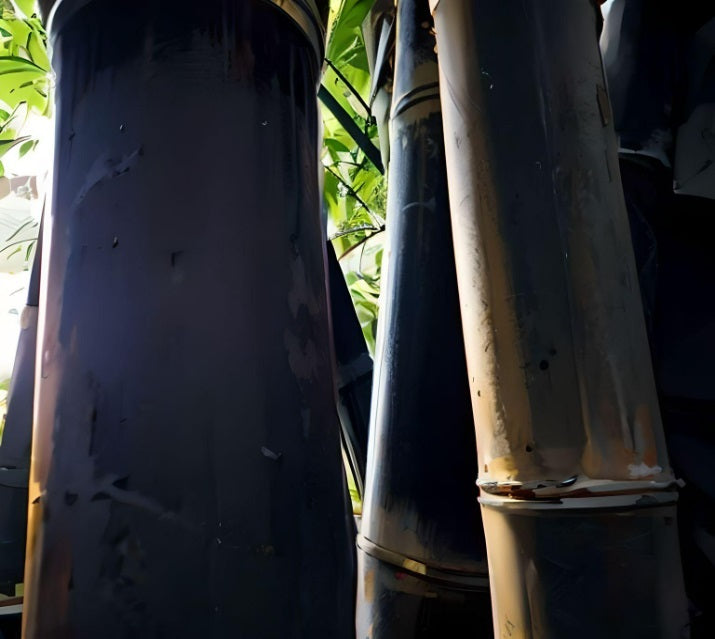
Giant Bamboo Seeds
When you're looking for impressive size with ample shade below, consider fastest...
-
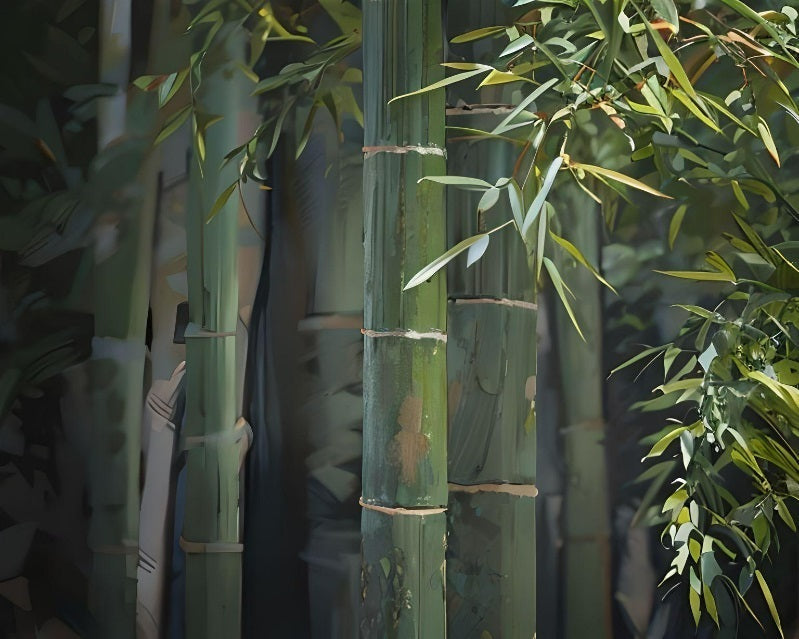
Running Bamboo Seeds
Running bamboo spreads through underground runners, known as rhizomes. These rhizomes can...
-

Tropical Bamboo Seeds
Our curated selection of tropical bamboo seeds best suited for planting in...

